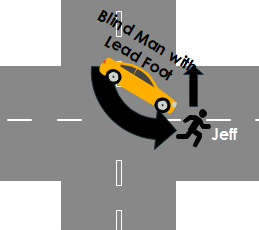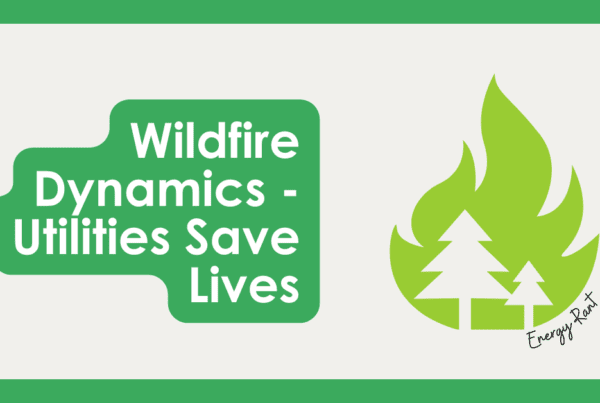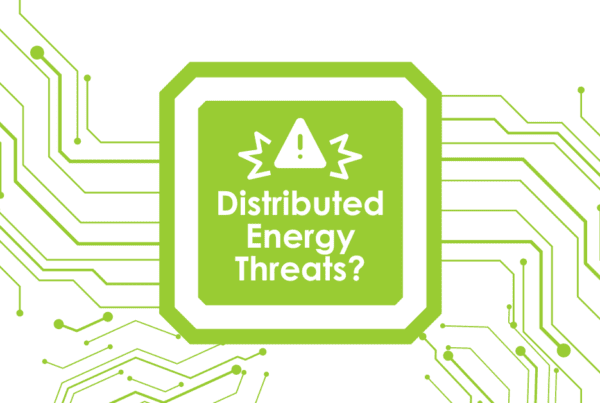
“Hey Honey – our energy costs are down, so let’s have another kid.” This is the absurd logic behind studies linked to a Utility Dive post last week. The subject is the retread canard of the rebound effect, specifically the hoax [sic] that if you use less energy, you use more energy. They even go so far as to claim that consumers drive their cars more when gas prices drop. Why were gas prices in the tank (pun alert) with oil prices bottoming out at minus $37 per barrel in April of 2020? Prices were low-to-negative because people weren’t driving, and negative oil prices didn’t get them behind the wheel. What’s that? There was no place to go? Precisely. People don’t drive for the heck of it, regardless of fuel cost.
Doomscrolling and the Allure of Fear
“Global climate models may vastly overstate energy savings from efficiency measures, analysis finds.” That was is the title of the linked Dive post. That is pure doomscroll bait. Here is an article from the Cleveland Clinic, Everything You Need to Know About Doomscrolling. There are millions more like it.
I don’t understand the allure of fear. When I was a kid, I worried our house would blow down in windy weather, and there was plenty of that, where I’m from. I was afraid of the boogeyman. Unusual noises in the home were scary, but I didn’t choose to bask in those feelings. If you want to be scared, watch some horror films, jump out of an airplane, climb a mountain, ride a bull, or corner a honey badger.
Acute Risk
People need to focus on real risks and prepare or adapt. For instance, I recently replied to a neighborhood chat regarding pedestrian, walker, and runner safety. I could write a blog post on this alone, but not now.
 Running outside on sidewalks and roads probably offers equal chances of cutting my life short as it does, extending my life through health benefits. It’s risky! Two times since the first of the year, I had to scramble to avoid getting hit by a car crossing my crosswalk while they made a left turn coming right at me – just like the cartoon nearby shows. The first time was in the dark, but I was lit up with reflectors. Traffic in both directions had the green light. The driver either wanted to scare the guano out of me, or he didn’t see me at all. He was accelerating through the turn, cutting it short to boot, making it that much harder to avoid collision. I thought, do I jump and maybe break a couple bones, or do I go for it all and risk a direct hit and probable death? I made it and then gave a futile attempt to give him a piece of my mind as he drove away.
Running outside on sidewalks and roads probably offers equal chances of cutting my life short as it does, extending my life through health benefits. It’s risky! Two times since the first of the year, I had to scramble to avoid getting hit by a car crossing my crosswalk while they made a left turn coming right at me – just like the cartoon nearby shows. The first time was in the dark, but I was lit up with reflectors. Traffic in both directions had the green light. The driver either wanted to scare the guano out of me, or he didn’t see me at all. He was accelerating through the turn, cutting it short to boot, making it that much harder to avoid collision. I thought, do I jump and maybe break a couple bones, or do I go for it all and risk a direct hit and probable death? I made it and then gave a futile attempt to give him a piece of my mind as he drove away.
The second time was the exact same scenario at a 4-way stop in the middle of the day. I was out for a stroll but had to sprint to get out of the way. I gave that guy a laser shot of stink eye he probably hasn’t forgotten. At least he apologized.
I was right in their paths, but they still did not see me, and I needed to deploy countermeasures. You have to be ready for anything, be super alert, and have preprogrammed escape routes at all times.
Live Baby, Live
Given the close calls, falls, and wounds incurred while running outdoors, should I quantify risk reduction as a result of working out in the basement or a gym versus running outside. No! I’ll live with the risk. I’m going to live. I’m not going to worry about it, and I’ll use every chance I get to school jerks and terrible drivers.
Likewise, the Dive article finally acknowledges,
“In developing economies, efficiency lowers the effective cost of energy services, the agency [International Energy Agency] said, and boosts spending on critical end-uses that improve the quality of life, like lighting for schools and homes and clean burning fuels for cooking.”
Yes! Electricity and efficiency enrich lives, not just for developing countries, but across the board, so knock it off with the four horsemen talk.
Every measurable positive thing in life has a cost, which may take the form of money, pain, hard work, confrontation, intervention, injury, illness, failure, embarrassment, or bankruptcy. It’s the second law of thermodynamics: building or attaining anything creates waste and a mess and it will not be avoided.
There are no unintended consequences; only lack of critical thought and imagination, poor planning, and naïve policy. For a refresher, see Critical Conversations.





